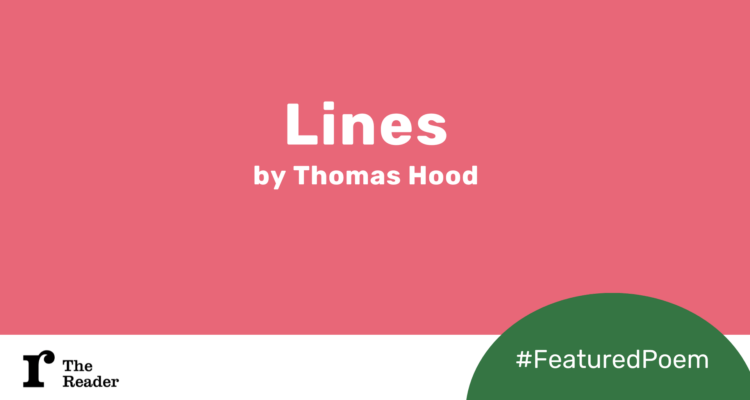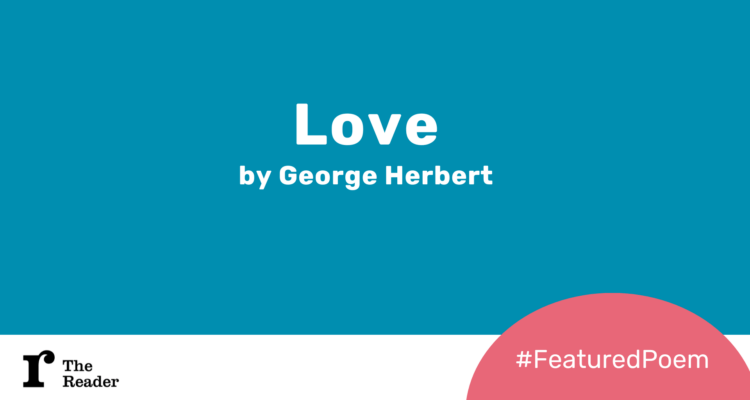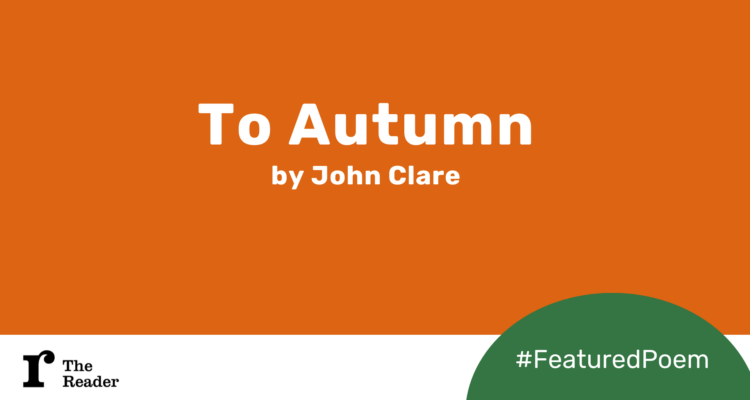Featured Poem: Dreams by Paul Laurence Dunbar
This week in our special series of Featured Poems, Learning and Quality Coordinator at The Reader, Lisa Spurgin takes us through Dreams by Paul Laurence Dunbar.
Dreams
What dreams we have and how they fly
Like rosy clouds across the sky;
Of wealth, of fame, of sure success,
Of love that comes to cheer and bless;
And how they wither, how they fade,
The waning wealth, the jilting jade —
The fame that for a moment gleams,
Then flies forever, —dreams, ah —dreams!
O burning doubt and long regret
O tears with which our eyes are wet,
Heart-throbs, heart-aches, the glut of pain,
The somber cloud, the bitter rain,
You were not of those dreams — ah! well,
Your full fruition who can tell?
Wealth, fame, and love, ah! love that beams
Upon our souls, all dreams — ah! dreams.
Paul Laurence Dunbar
There’s been a lot of talk about dreams during lockdown, with the strange situation we’ve all found ourselves in seeming to have had an effect on many people’s nocturnal wanderings. I can’t say that I’ve experienced anything too out-of-the-ordinary, which is something of a relief.
This poem by Paul Laurence Dunbar muses upon the dreams we carry with us through day and night, for months or perhaps even years. Right away I’m captured by the use of ‘we’; this isn’t about the dreams, ambitions or hopes that each of us have as individuals, as certainly they vary quite widely. Rather, these dreams seem to be ones that are shared amongst humanity as a collective. None of them seem particularly tangible, except perhaps ‘love that comes to cheer and bless’ – and I like that this has a line to occupy by itself, because to me it is the dream that is most wished for; something that can be built upon and invested in, a dream that turns into reality, if we are lucky. Wealth, well, that would be nice to some degree. Success, that too. I can’t I’ve ever fervently dreamed about fame, but perhaps I’m thinking about that concept in the most modern of ways, accompanied by cameras, stages and audiences of thousands. On a purely visual level, I love the image of the dreams that we have being ‘like rosy clouds across the sky’ – it brings to mind the sun setting at dusk and how the sky, and indeed the clouds within it, can turn the most vivid and wonderful of colours which seem particularly fitting in representing the fantastic quality of dreams.
But clouds move away, drift out of our vision, and so it seems inevitable that our dreams do the same. It’s hard not to be disappointed by this, especially when they ‘wither’ and ‘fade’. This makes me think of dreams being like flowers; beautiful and bright for a time that we wish would be longer than it really is. Like flowers – and rosy clouds, too – there will always be new dreams, even if it may take a while for them to appear on the horizon, or even occur to our minds.
If a dream that we have held dear for a long time flies away, out of our grasp forever, then it seems necessary that we grieve it. It’s hard to lose something that you’ve had but sometimes it can be even harder to lose something that you never had in the first place. That promise and cherished hope are not things to be taken lightly and the hurt is very real when they disappear. We must have the tears, feel the heart-throbs and aches; wait for the ‘somber cloud’ and its ‘bitter rain’ to pass. I’m really intrigued by what follows here, and the switch from ‘we’ to ‘you’ that comes in the lines:
‘You were not of those dreams – ah! well,
Your full fruition who can tell?’
I need to read the poem a few more times to get a grasp on that, I think: is this a person who has come along instead, or perhaps in spite, of the dreams that have flown away, perhaps? Or could it be someone who is growing and making their way in the world despite not sharing the dreams that others do? ‘Full fruition’ seems to hold so much, things that might not be able to be imagined or dreamed about, and to me that’s very reassuring; that in all of us there are qualities we might not be fully aware of, or possibilities we can’t conceive but are lying dormant, waiting to emerge and take us by surprise. With that thought, the poem leaves me feeling uplifted and taking away something of the ‘love that beams upon our souls, all dreams’.
Maybe it leaves you with a different feeling, which is what reading’s all about! I’d be interested in revisiting this poem at another time when my own dreams, and those of the world at large, may have taken on a different shape and colour.
Share
Related Articles

Featured Poem: Lines by Thomas Hood
Our Featured Poem for February is 'Lines' by Thomas Hood, selected and read by Frances. Lines by Thomas Hood Let…

Featured Poem: Love by George Herbert
The Featured Poem for January is Love by George Herbert and is from the anthology Stressed, Unstressed and is read by…

Featured Poem: To Autumn
For November's Featured Poem, Julie is reading 'To Autumn' by John Clare To Autumn by John Clare Come, pensive…


